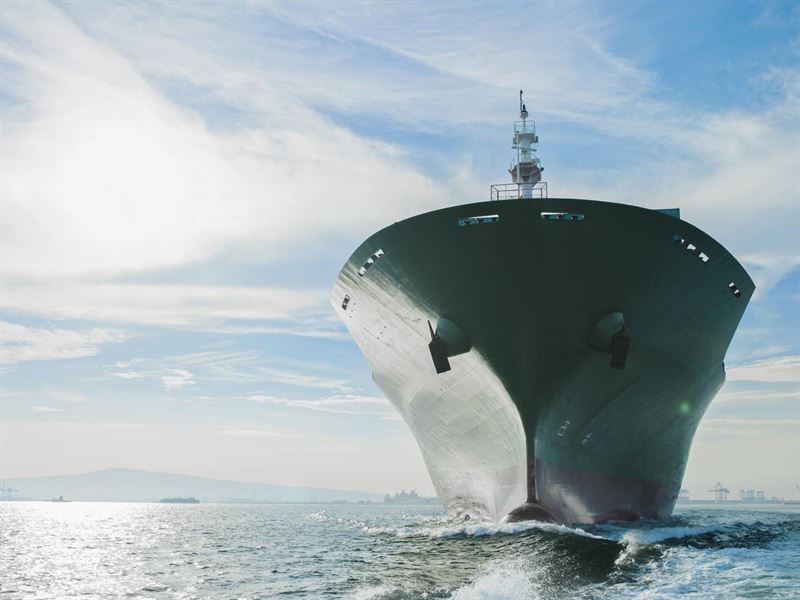Over 90% of the world’s trade is carried by sea, making maritime transport essential to the global economy. The International Maritime Organization has set ambitious targets for the maritime sector to reduce its emissions to combat climate change. From May 2023 onwards, two tankers transporting Neste’s renewable diesel from Finland to Sweden will be fueled with lower-emission marine fuel, namely Neste Marine™ 0.1 Co-processed.

“We are committed to working with our suppliers and partners to reduce emissions across our entire value chain. Powering two tankers transporting our renewable diesel with a marine fuel to reduce greenhouse gas emissions is yet another step towards reaching our sustainability targets,” says Markku Korvenranta, Executive Vice President for Oil Products business unit at Neste.
Neste Marine™ 0.1 Co-processed is an ISCC PLUS certified* marine fuel and a lower-emission solution for marine professionals, including cargo owners and charterers. Its use enables up to 80%** lower greenhouse gas (GHG) emissions over the fuel’s life cycle compared to fossil fuel.
“Our aim is to support shipping companies in their transition towards carbon neutrality. A year ago we introduced Neste Marine 0.1 Co-processed marine fuel to the market. The fuel is now commercially available in Finland and Denmark. As a part of Neste’s target to reduce emissions across our value chain, we have now started transporting our renewable diesel to Sweden in two tankers that run on lower emission marine fuel themselves,” tells Sveta Ukkonen, Head of Marine Fuels & Services at Neste.
The tankers Suula and Kiisla will be using the Neste Marine 0.1 Co-processed marine fuel produced at Neste’s refinery in Porvoo, Finland. At the refinery, renewable raw materials are processed together with fossil raw materials in the conventional refining process. Co-processing raw materials enables control over quality through the entire process and results in a product with a composition and performance similar to conventional marine fuels.
Neste is committed to reducing emissions across the value chain by 2040
Neste is committed to work with its suppliers and partners to reduce the indirect GHG emissions across Neste’s entire value chain (scope 3), including transportation of our products. By the end of 2022, Neste had switched four vessels to more energy-efficient ones. In March 2023, Neste announced an agreement to charter two new lower-emission tankers from Terntank to transport raw materials and products.
*) The sustainability characteristics of the co-processed marine fuel are certified with International Sustainability and Carbon Certification (ISCC PLUS) with a mass balance approach.
**) Emission reduction of the bio-based share of the product over the fuel’s life cycle compared to fossil fuel. The method used to calculate life cycle emissions and emission reduction is guided by the EU Renewable Energy Directive II (EU)2018/2001.